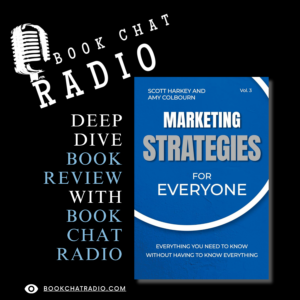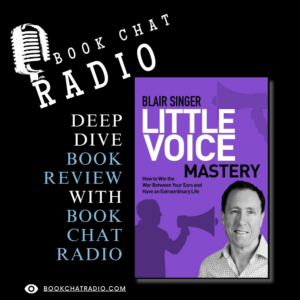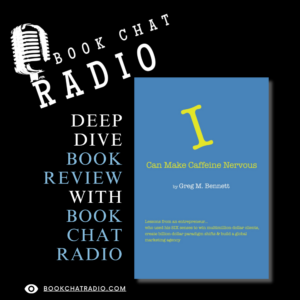An author has a message and uses their writing to convey it to others. They may not be professional or passionate writers, but they focus on the problem their book solves for readers. Author branding is crucial to communicate the value they offer. In this post, we’ll explore how to create a strong author brand identity and learn from other successful author branding strategies.
Identify your key message and target audience
An author’s brand is crucial in establishing authority and reaching their target audience. A strong brand starts by offering a straightforward solution to a specific audience. By identifying the message they want to convey and who they want to get it to, an author can create a brand that speaks directly to their audience and tells them why they are the best person to help them.
A great example is Lorenzo Gomez, who reoriented his book to focus on how his experiences could help a specific audience: Hispanic teens. His book is now taught in college classes. Joey Coleman is another successful author who understood the power of defining his message and target audience.
He directed his message to managers, executives, and VPs who needed help keeping their existing customers. To determine their brand, Authors need to consider who they help and how they help them.
Define your expertise
As an author, your expertise is at the core of your brand. Writing about what you know and what your readers can relate to is essential. For example, Lorenzo wrote about his journey from bagging groceries to rising to the top of a company, which was relatable for Hispanic teenagers.
However, expertise isn’t just about credentials or accomplishments. It’s also about the emotional connection you can create with your audience. Joey built his brand around inspiring hope and excitement in his readers. Ultimately, it’s up to the author to determine what level of expertise is needed to earn the trust of their target audience.
Project your brand everywhere
A vital component of a strong author brand is crafting an impactful author bio. A strong author bio can significantly impact book sales, reputation, marketing, and social media presence. It should be concise and engaging, highlighting your credentials and achievements that establish your credibility as an author.
Be mindful of the length and tone of your bio, and only include information relevant to your brand that resonates with your readers. It should be composed in the third person perspective and regularly reviewed to ensure it aligns with your brand.
Authors also need a professional headshot to establish a strong author brand. It serves as the first impression for readers and can communicate your approachability, credibility, and confidence. Your website should also align with your brand.
Hire a professional designer to ensure a high-quality user experience. Utilize social media to connect with readers, but be consistent and reflective of your brand. Choose the platform that best fits your audience and keep it updated. You can establish trust and authority with potential readers by creating a consistent and polished online presence.
Building a strong author brand is essential for success in the publishing industry. By creating a consistent brand across all assets, including your author bio, photo, website, and social media, you can establish yourself as an authority in your field and increase the likelihood of readers choosing your book.
It’s important to remember the message you want to convey and ensure that all elements align with it. A well-executed brand can make all the difference in the success of your book and career.







